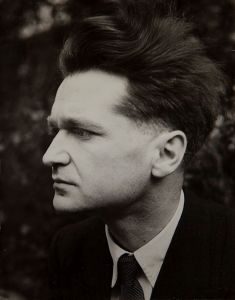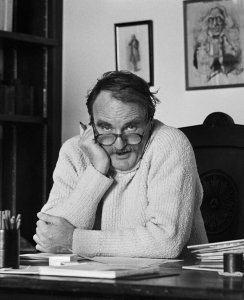Emil Cioran was a Romanian philosopher. Cioran was born on April 8, 1911 in Rășinari (Transylvania, then part of Austria-Hungary and today part of Romania) and died stateless in Paris on June 20, 1995. A nationalist writer in his youth, after the Second World War he achieved fame as a French-language author of essays and aphorisms of a markedly dark and apparently nihilistic bent. (more…)
Tag: French literature
-
1,511 words
This essay is being published today to commemorate Céline’s 128th birthday. You can find all of Counter-Currents’ resources on Céline here.
You don’t have to dig too deep through the past two decades of reviews to find that the French novelist-critic Michel Houellebecq is often compared to the late Louis-Ferdinand Céline. (more…)
-
Emil Cioran was a Romanian philosopher. Cioran was born on April 8, 1911 in Rășinari (Transylvania, then part of Austria-Hungary and today part of Romania) and died stateless in Paris on June 20, 1995. A nationalist writer in his youth, after the Second World War he achieved fame as a French-language author of essays and aphorisms of a markedly dark and apparently nihilistic bent. (more…)
-
8,709 words
On June 13, 2020, the French explorer and novelist Jean Raspail died in Paris at the age of 94. Many were the nationalists, identitarians, and traditional Catholics who paid tribute at his passing. Former European MP and co-founder of the European identity movement Iliade, Jean-Yves Gallou, stated that Raspail was “the man who foretold the destructive impact of blame culture and anti-racism on our civilization back in 1973.” (more…)
-
1,704 words
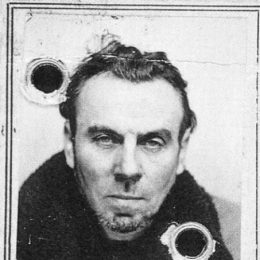
1,704 words

Claude Sarraute: “And what, in your opinion, is the tragic element of our epoch?”
Céline: “Stalingrad. There’s the catharsis for you. The fall of Stalingrad was the end of Europe. There’s a cataclysm. The epicenter was Stalingrad. After that you can say white civilization was finished, really washed up.” (more…)
-
1,686 words
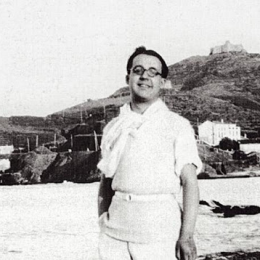
1,686 words

“The James Dean of French Fascism.”– Alice Kaplan, author of The Collaborator: The Trial and Execution of Robert Brasillach (2001)
Such a description of the puny, bespectacled, and boyish-looking poet — especially coming from the daughter of a Nuremberg prosecutor — seems to be either thinly barbed facetiousness or malignant irony. (more…)
-
2,560 words
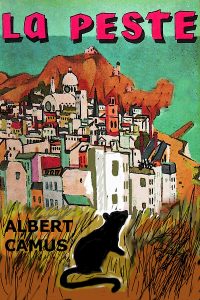
2,560 words

“But what does it mean, the plague? It’s life, that’s all.”
– Albert Camus, The Plague (1947)The Coronavirus pandemic has rather put me in mind of Albert Camus’s classic allegorical book about the pestilence that struck the “ugly and smug little port town” of his native Oran in the 1940s. The plague is a metaphor that Camus rather unsubtly intended to represent the growth of National Socialism (more…)
